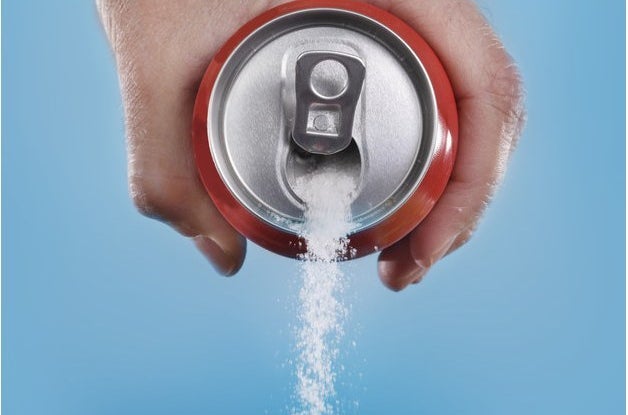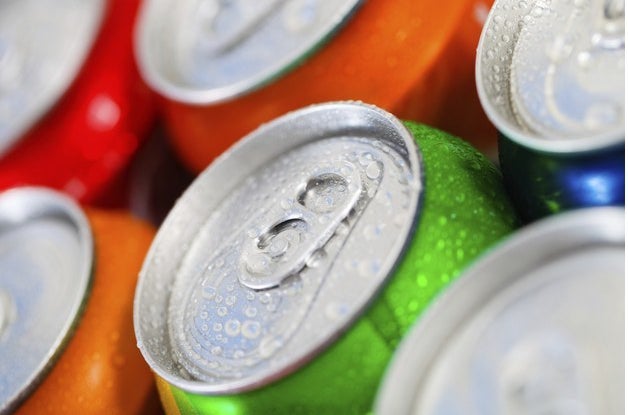
A host of companies and industry bodies with members including Coca-Cola, Pepsi, and British Sugar have joined forces to call for the government to axe the incoming sugar tax.
The coalition of businesses launched a new campaign, "Face the Facts, Can the Tax", on Tuesday and published an Oxford Economics research paper warning that the tax would wipe millions off of the UK economy and cost thousands of jobs.
The report, paid for by the British Soft Drinks Association, predicts a loss of more than 4,000 jobs across the UK and a decline of £132 million in economic output, the group said as it urged for the tax to be scrapped.
But BuzzFeed News has seen a leaked draft copy of the government's delayed childhood obesity strategy that shows the sugar tax remains a key part of the strategy to reduce overconsumption.
While it has not been possible to verify the date of the draft, it outlines a number of steps that government could set in motion this year to half childhood obesity.
It says the sugar tax, which BuzzFeed News calculated would add 8p on to the price of a can of Coke, is intended to be paid by drinks manufacturers, rather than customers.
The document details plans to adapt a new type of food labelling that would show sugar in cubes or teaspoons to make it easier for people to see how much sugar they are consuming.
It also outlines a number of voluntary measures aimed at encouraging all food and drink companies to reduce sugar, with a specific focus on foods that are popular with children – such as yoghurt, cereal, confectionery, cakes, and biscuits.


The childhood obesity strategy is expected to be published this autumn.
It will follow a controversial report by Public Health England (PHE) that set out a range of tough measures to help reduce children becoming obese – such as limits to supermarket promotions and a ban on junk food advertising to children.
Last month, The Times published an article based on a leaked version of the strategy. It reported that the government had caved into pressure from food and drink industry lobbyists and had abandoned plans to ban junk food from checkouts and junk food adverting before 9pm.
Health campaigners who have seen the leaked copy of the report also hit out at the government for opting for a range of voluntary, rather than mandatory targets.
They say the measures do not go far enough in taking up the PHE recommendations, and fear the sugar tax could be scrapped as a result of pressure from businesses.
The Department of Health declined to comment on the report and a spokeswoman said: “We do not comment on leaked documents, and we intend to publish our response in due course."
But in response to the food and drink industry's campaign, a Treasury spokesman said: “The levy is about getting producers to use healthier ingredients to reduce the levels of added sugar in products our children consume. If they reformulate, they won’t have to pay.
“British children are currently consuming three times the recommended amount of sugar and health experts agree there is a specific problem with sugar-laden soft drinks.”
The Obesity Health Alliance, a consortium of 30 health charities, also hit out at the campaign and said a tax had "huge potential to help tackle obesity and save the NHS money".
The campaign group Action on Sugar said that instead of claiming that the sugar tax would cost jobs, food and drink brands should focus on what the tax was intended to encourage them to do – reformulate the drinks.
Under the terms of the sugar tax, announced in the 2016 Budget, a levy would be introduced in 2018 and would apply to drinks with more than 8g of sugar per 100ml. Fruit juices, dairy drinks, and drinks from smaller manufacturers would be exempt.
